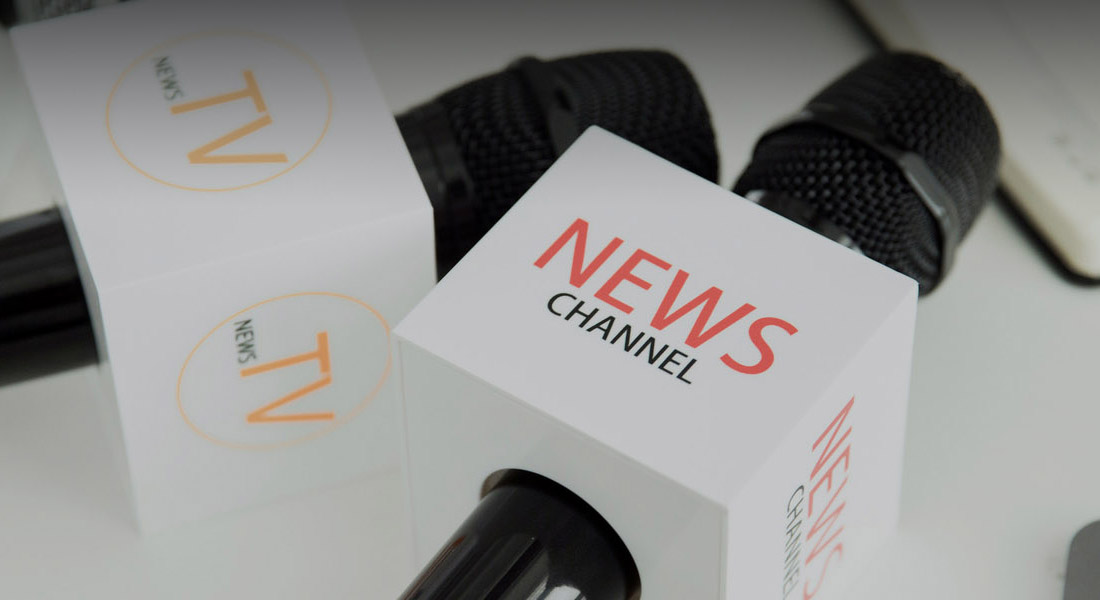Introduction:
In procurement decisions for critical components like slewing drives, the initial unit price often dominates the conversation. However, for engineers and strategic buyers focused on the long-term success of their machinery, this focus can be misleading. The true financial impact lies in the Total Cost of Ownership (TCO). Choosing a slewing drive manufacturer based solely on a low bid can introduce significant hidden costs that emerge over the drive’s 20+ year lifespan.
Deconstructing the Iceberg: Visible vs. Hidden Costs
Think of cost as an iceberg. The unit price is the visible tip. Below the waterline lie the massive, often unforeseen expenses.
1. The Tip: Purchase Price
This is the invoice cost of the drive itself. While important, it should be evaluated in the context of the features and quality it represents.
2. The Hidden Bulk: The Real Cost Drivers
-
Installation & Integration Costs: A drive that is not a perfect fit requires custom machining, adaptor plates, and extra engineering hours. A manufacturer offering full customization and providing precise CAD models and installation guides reduces these costs to nearly zero.
-
Operational Efficiency Costs: An inefficient drive (due to poor gear design or friction) consumes more energy to produce the same torque. Over decades of continuous operation in a solar farm or crane, the electricity savings from a high-efficiency drive can far outweigh a slightly higher purchase price.
-
Preventative & Corrective Maintenance: Drives that are not sealed for life require scheduled regreasing—a labor-intensive process that halts production. Drives with inferior seals fail prematurely, leading to costly emergency repairs and component replacement.
-
Downtime & Production Losses: This is the single largest potential cost. A failed drive on a ship loader or tunnel boring machine can stall an entire project, incurring penalties measured in tens of thousands of dollars per hour. Reliability is not an expense; it’s an investment in continuity.
-
End-of-Life/Replacement Costs: A drive that wears out prematurely forces a full, unplanned replacement cycle, repeating all initial costs. A durable drive extends this cycle dramatically.
How a Premier Slewing Drive Manufacturer Minimizes TCO:
The right partner actively designs and supports products to sink the hidden parts of the iceberg. Look for a manufacturer that provides:
-
Application Engineering: They work with you to overspec correctly—avoiding an under-engineered drive that fails early or an over-engineered one that is unnecessarily expensive.
-
Lifecycle Documentation: Clear maintenance schedules and lubrication specifications prevent costly missteps.
-
Durability Data: Proof of testing (e.g., L10 bearing life calculations, fatigue testing) that translates into predictable, long service intervals.
-
Global Service Network: Access to spare parts and technical support minimizes downtime if intervention is needed.
The ROI of the Right Partnership: A Case Study Mindset
Instead of asking “What is the price per drive?”, ask:
-
“What is the cost per reliable rotation over the machine’s lifespan?”
-
“How does this drive’s efficiency impact my customer’s operating expenses?”
-
“What is the financial risk of one day of downtime, and how does this manufacturer mitigate it?”
Conclusion:
In the world of heavy-duty rotation, the cheapest drive off the shelf is often the most expensive investment you can make. By shifting the procurement conversation from price to Total Cost of Ownership, you align with strategic business goals. Partner with a slewing drive manufacturer that demonstrates a commitment to engineering excellence, reliability, and lifecycle support. This partnership doesn’t just reduce cost—it protects your revenue, reputation, and project success for decades to come.

